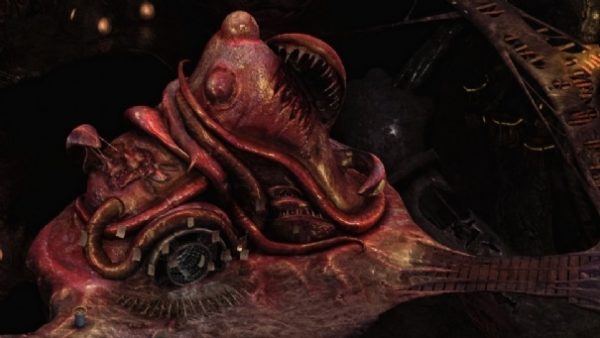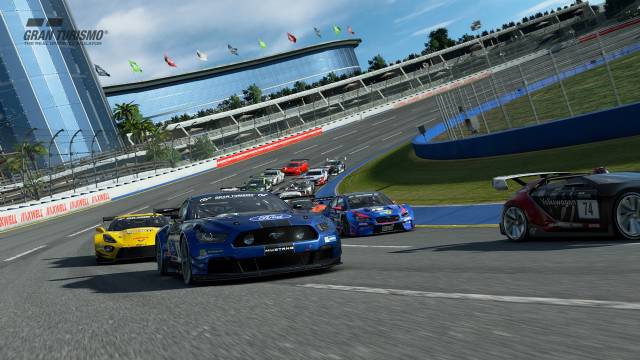The price to deceive death
Deceiving death is one of the main goals of man since his first vagaries: the only antidote to fear of the aftermath, however, is not in the reach of all, and only in a not much clearer future, in a world that seems to be dead and reborn dozens of times, a mortal seems to have succeeded.
He moves his conscience from one body to another, living endless times and keeping intact the memories of the experiences made, of the known people and of the places visited, so as to earn in time the name of Changing God, the divisive god.
In addition to prolonging your life cycle naturally, Changing God generates life as if it were a creator, since every time it leaves a body, a new consciousness develops in it, takes possession of the remains and is free to lead the existence who prefers.
In the beginning, the link between the changing god and the so-called Castoff is comparable to that of a father and children: the first takes care of them, and the latter follow him as a messiah without ever questioning decisions and leadership.
The passage of centuries, however, seems to leave the father more and more away from their children, whose ranks swell in abundance, and among them, abandoned to themselves, begins to sneer into the bad: a brave faction decides to follow the First, the first Castoff of all time, in a never-ending war against the Changing God and those who remained loyal to him.
The immortality of the actors and the substantial balance of the two forces in the field give rise to the clash of the name Endless Battle, which, in the form of mercenaries and assassinated swords, also include other races, humanoids, mechanics and mutants.
Deceiving death, however, always has a price, and this time the price has tentacles and teeth: a malevolent entity, with endless power, has put on the footsteps of Changing God and all his children, determined to put an end to their existences in the most cruel way possible.
Just with this monstrosity, called The Sorrow, our avatars will briefly be confronted with a few minutes of running the headlines just to reac
h the conclusion that the only solution is the escape.
In Torment, we will dress in the role of Last Castoff, the youngest son of the Changing God, who takes self-consciousness as he is falling from the sky, enclosed within a capsule that, fortunately, protects him from the tremendous collision and keeps it alive.
Hence, and by the sudden encounter
with two of six possible companions, the enigmatic and tormented Callistege Aligern, began a memorable journey, between the dichotomies and the ugliness of the Ninth World, an inglorious collage of many previous civilizations, only lifted up and then miserably collapsed.
In a jumble of races, customs, and religions, by location, ranging from floating cities on the entrails buttons of a demigod, Torment leave the player in a universe that is waiting impatiently to be explored, populated by dozens of NPCs undeniable charm, each with a
story to tell, many of whom would deserve a dedicated game.
Whether it is to find a mysterious assassin, to open interdimensional passages, to take a stand in the eternal struggle between the two factions of Castoff, or to banish a finite kid in a rather lazy lap, the latest fatigue of inXile features descriptions and dialogues worthy of the best paper narrative, though mirroring a little too much in the pleasure of getting into the most insignificant details.
Planescape Torment peaks remain unmatched, but are not even so far away: at the launch of the game, the constant feeling is to enter another world that existed prior to the adventure that we will be called to live in person and that it will also exist afterwards, whatever choice you decide to take.
Each dialogue can give rise to a more brilliant quest than the other, any decision can affect the final and the life or death of one or more characters, and above all, whenever weapons are over, the consequences will be serious.
We do not believe to exaggerate in asserting that
Torment is one of the most significant narratively titles of the last two or three generations of hardware: the inverted medal is inevitably embedded in a certain lack of rhythm derived from the myriad of texts to read, incredibly dense, only in English and with a very limited dubbing.


